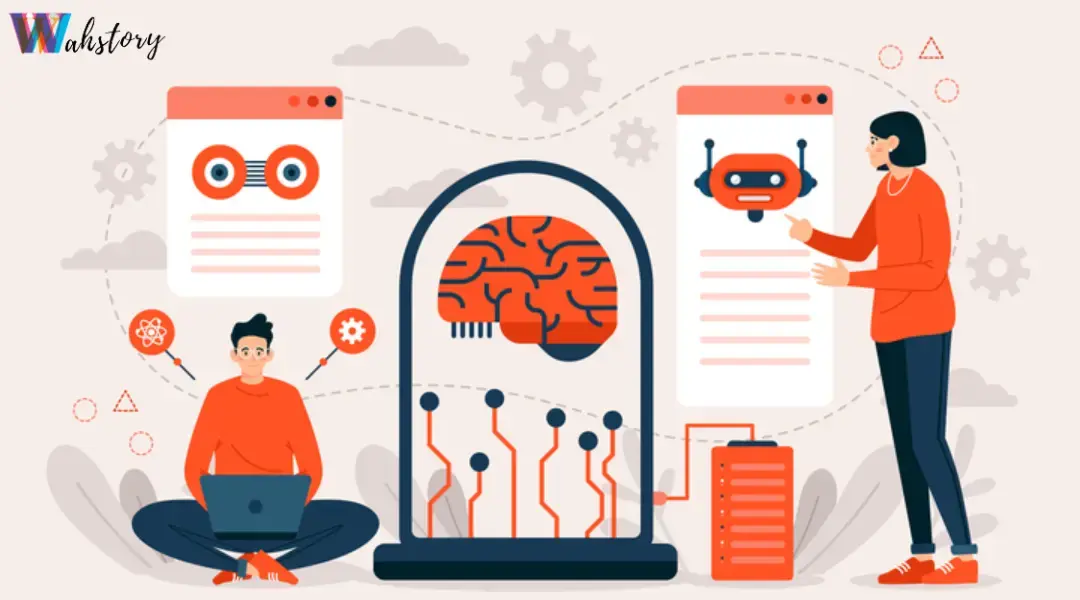The artificial intelligence (AI) revolution is here, and
businesses that fail to adapt risk falling behind. From automating tasks to personalizing
customer experiences, AI offers a multitude of benefits that can transform your
organization. But how do you navigate this exciting yet complex landscape? This
article outlines a roadmap for becoming an AI-centric business, poised to
thrive in the age of intelligent machines.
Assess Your
AI Readiness
Before diving headfirst into AI, it's crucial to assess your
organization's readiness. This involves
evaluating three key areas:
Data Infrastructure:
AI thrives on data. Do you have
the necessary data storage capacity and tools to manage large datasets
effectively? Is your data clean,
structured, and relevant to the AI applications you envision?
Technology Stack:
The infrastructure that powers
your business – from servers to software – needs to be robust enough to handle
the demands of AI. Consider the
computational power required to train and run AI models.
Workforce Skills: Does
your team possess the skills needed to work alongside AI? While AI won't replace human jobs entirely,
there will be a growing need for data scientists, AI engineers, and
professionals who can understand and interpret AI outputs.
Chart Your
AI Strategy
Don't get caught up in the hype – implement AI with a clear
purpose. Here's how to develop a winning
strategy:
Align AI with Business Goals:
AI shouldn't be an afterthought. Identify specific areas where AI can
significantly enhance your business processes, products, or services. For example, if you're in retail, AI can
personalize product recommendations or optimize logistics.
Prioritize Use Cases:
Don't try to do everything at once.
Focus on high-impact areas where AI can deliver the most significant
benefits. This could involve automating
repetitive tasks, improving customer service interactions through chatbots, or
gaining deeper insights from customer data.
Cultivate
an AI-Driven Culture
For AI to truly flourish, it needs fertile ground. Here's how to foster an AI-driven culture:
Demystify AI: Educate
your employees about AI and its potential benefits. This reduces resistance and encourages them
to see AI as a tool that can augment their work, not replace them.
Invest in Talent:
Building an AI-powered future requires the right skillset. Hire data scientists, AI engineers, and other
specialists needed to develop and manage AI solutions.
Read More: 7 Ways You Can Use AI to Your Leadership Skills
Implement
and Monitor AI Solutions
Now it's time to put your plans into action:
Choose the Right Tools:
There's a vast array of AI tools and cloud platforms available. Carefully evaluate your needs and budget to
select the ones that offer the most value.
Build a Robust Data Pipeline:
AI models are only as good as the data they're trained on. Ensure a smooth flow of high-quality data to
train and improve your models. This may
involve data cleansing, integration, and governance processes.
Measure and Adapt:
Don't set and forget.
Continuously monitor the performance of your AI initiatives. Track key metrics, analyze results, and be
prepared to iterate and adjust your approach as needed.
Embrace
Continuous Innovation
The world of AI is constantly evolving. Here's how to stay ahead of the curve:
Experiment and Learn:
Don't be afraid to experiment with new AI technologies. A culture of experimentation allows you to
learn from failures and identify what works best for your organization.
Stay Updated: The
field of AI is rapidly evolving. Make it
a priority to stay informed about the latest advancements and adapt your
strategies accordingly. This could
involve attending industry conferences, reading research papers, or
participating in online courses.
By following these steps, you can embark on the journey to
becoming an AI-centric business.
Remember, AI is a powerful tool, but it's just one piece of the
puzzle. The key to success lies in
leveraging AI strategically alongside your existing strengths and a commitment
to continuous improvement. With the
right approach, AI can propel your business to new heights of efficiency,
innovation, and customer satisfaction.

